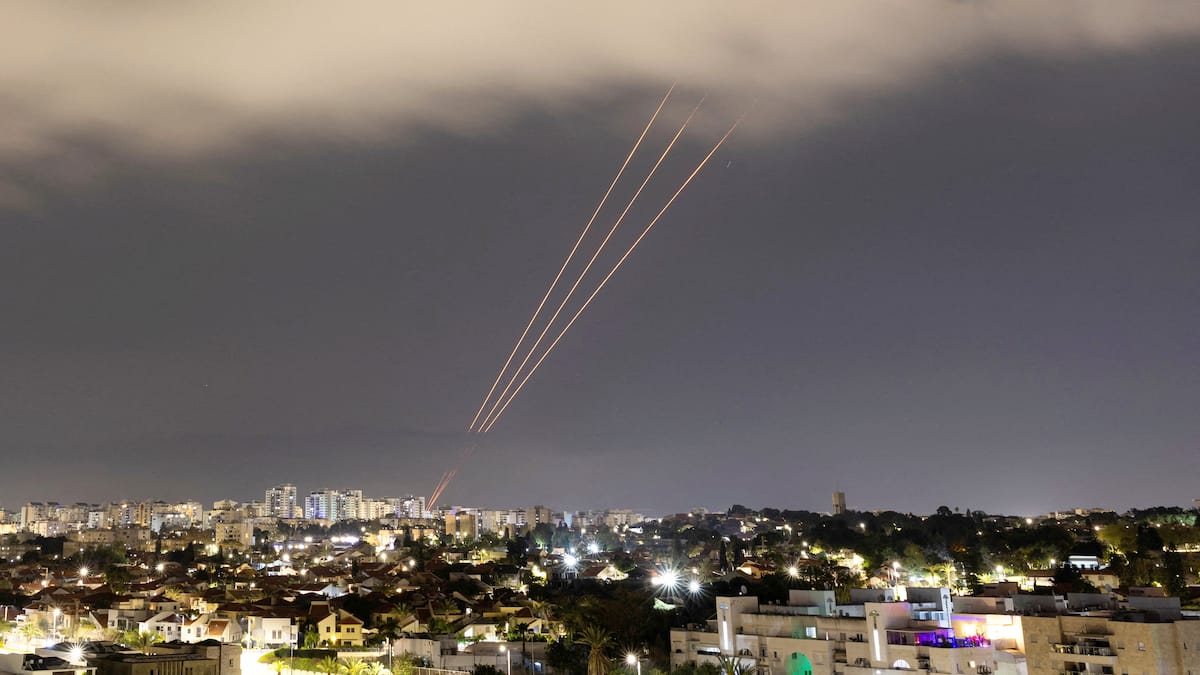
The international community is holding its breath after Tehran's massive drone and missile attack on Israel overnight from Saturday to yesterday, because if the worst is avoided for now, no one can predict the future.
He added: “An attack with 300 missiles and drones is a massive attack. Even if the material damage is limited, it is a provocation on a very large scale,” noted Thomas Juneau, an assistant professor at the University of Ottawa’s Graduate School of Public and International Affairs.
The Iranian Armed Forces launched a swarm of drones, ballistic missiles and cruise missiles towards Israel for five hours. But the Israeli military estimated that it intercepted “99% of the shots” in its direction with the help of the United States and other allies.
Only a few missiles slightly hit a military base and no urban centers were targeted by Iranian attacks. A seven-year-old girl was also injured.
The attack came in response to the April 1 strike that destroyed the Iranian consulate in Damascus and killed two senior Revolutionary Guard officers. Tehran attributed this strike to Israel, which neither confirmed nor denied it.
“The Iranians felt directly targeted and humiliated,” explained political scientist Sami Aoun, professor emeritus at the University of Sherbrooke.
Support Israel
Since the attack, the West has shown full support for Israel, which has become “not the oppressor that is ravaging Gaza and killing hysterically, but rather the victim of an obscurantist Islamic dictatorial force like Iran,” as Sami Aoun described it.
Iran has taken another step towards destabilizing the region and risks sparking uncontrollable regional escalation. This scenario should be avoided.”
Prime Minister Justin Trudeau had previously announced that “these attacks once again demonstrate the Iranian regime's contempt for peace and stability in the region.”
An exact copy is possible
UN Secretary-General Antonio Guterres urged “all parties to exercise the utmost restraint to avoid any action that might lead to major military confrontations.”
Iranian President Ebrahim Raisi warned Israel that any “reckless” response to the attack would lead to a much stronger military response.
“Joe Biden asked Benjamin Netanyahu not to respond on a large scale. The question is what Israel will do. […] Thomas Juneau, a specialist in Middle East affairs, pointed out that the risk of it turning into an all-out war is very worrying.
Tehran has always been careful not to attack Israel directly. He preferred to support the actions carried out by loyalist organizations, especially the Lebanese Hezbollah, since the beginning of the war between Israel and Hamas.
Sami Aoun believes that “the Iranians, who did not act after the killing of thousands in Gaza, will continue not to do so.”
– With Agence France-Presse







